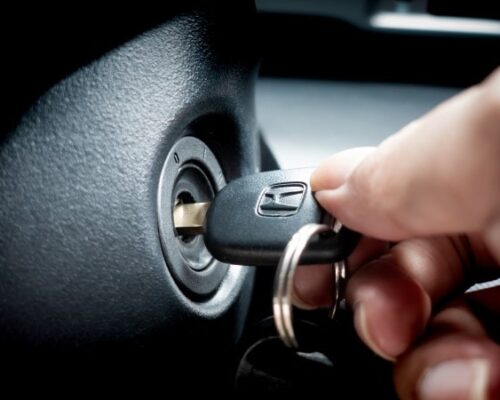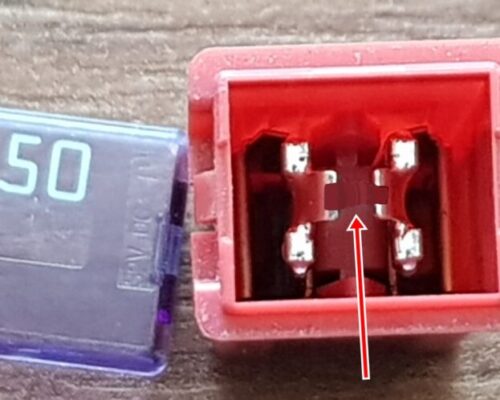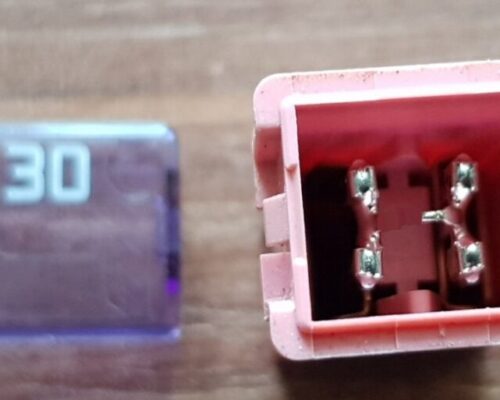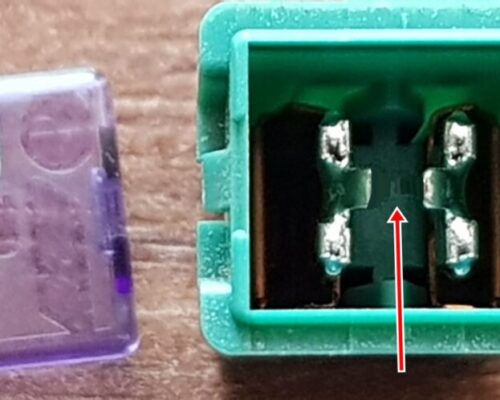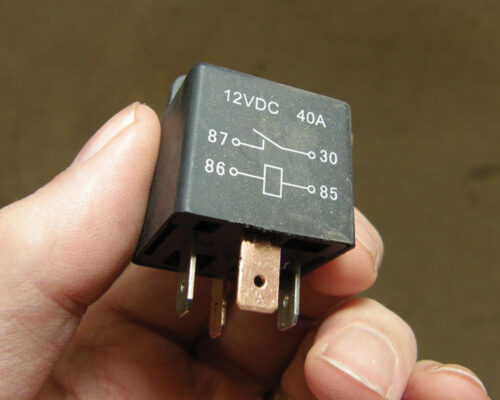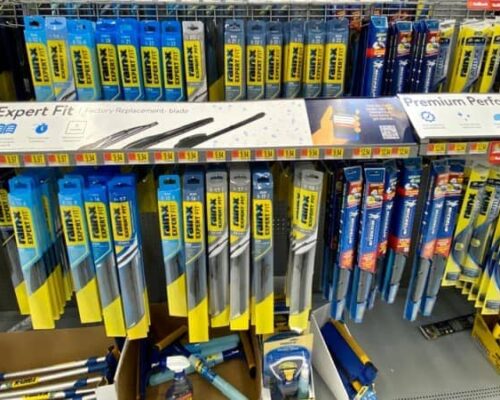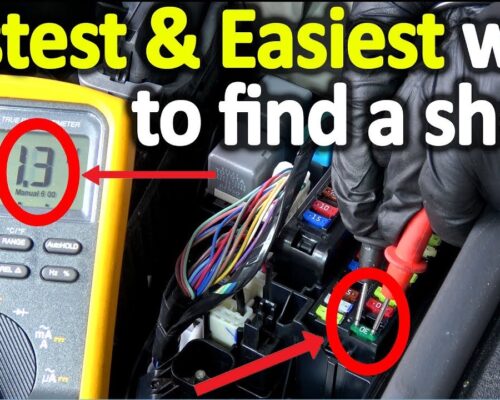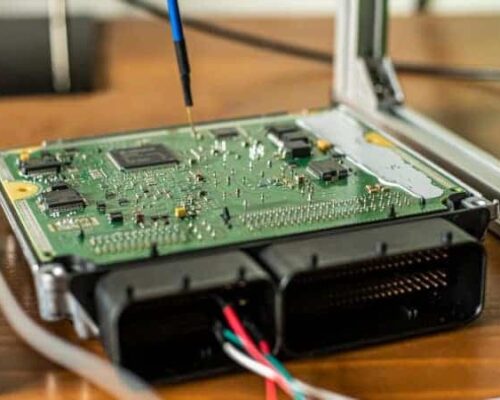Signs And Symptoms of A Bad Starter And Starter Solenoid
The starter is one of the most important parts of your car’s engine. Without it, your car won’t start. The starter solenoid is a key component of the starter that helps to engage the starter motor with the flywheel to start the engine.
If either the starter or solenoid is bad, your car won’t start. Here are some signs and symptoms to look for if you think you might have a bad starter or solenoid.
If your car won’t start, it could be a sign of a bad starter or starter solenoid. Here are some common signs and symptoms to look for:
1. Clicking sound when you turn the key: This is usually a sign of a bad starter solenoid.
2. Engine doesn’t crank: If you turn the key and there’s no cranking sound, it could be a sign of a bad starter motor.
3. Car starts then dies: This could be due to a weak battery or loose connections. It could also be a sign of a more serious problem like fuel delivery issues.
4. Smell of burning plastic: If you notice a burning smell coming from the engine compartment, it could be due to an electrical short in the starting system.
SYMPTOMS OF A BAD STARTER
How Do You Tell If Your Starter is Bad Or the Starter Solenoid?
If your starter is bad, the easiest way to tell is if it’s making a grinding noise when you try to start the car. If the starter solenoid is bad, you’ll likely hear a clicking noise when you turn the key in the ignition.
What Happens When the Starter Solenoid Goes Bad?
When the starter solenoid goes bad, it can cause a number of different problems with your car. The most common problem is that the car will not start. This is because the solenoid is responsible for sending electrical current to the starter motor.
Without this current, the starter motor cannot turn over the engine.
Another problem that can occur is that the engine may start and then stall immediately. This is usually caused by a loss of power to the ignition system when the solenoid fails.
In some cases, the starter solenoid can short circuit and cause damage to other electrical components in your car. If this happens, it is important to have the car checked by a qualified mechanic as soon as possible.
If you are having trouble starting your car or if it stalls unexpectedly, it could be due to a faulty starter solenoid.
Having this problem fixed by a professional will ensure that your car runs smoothly and safely again.
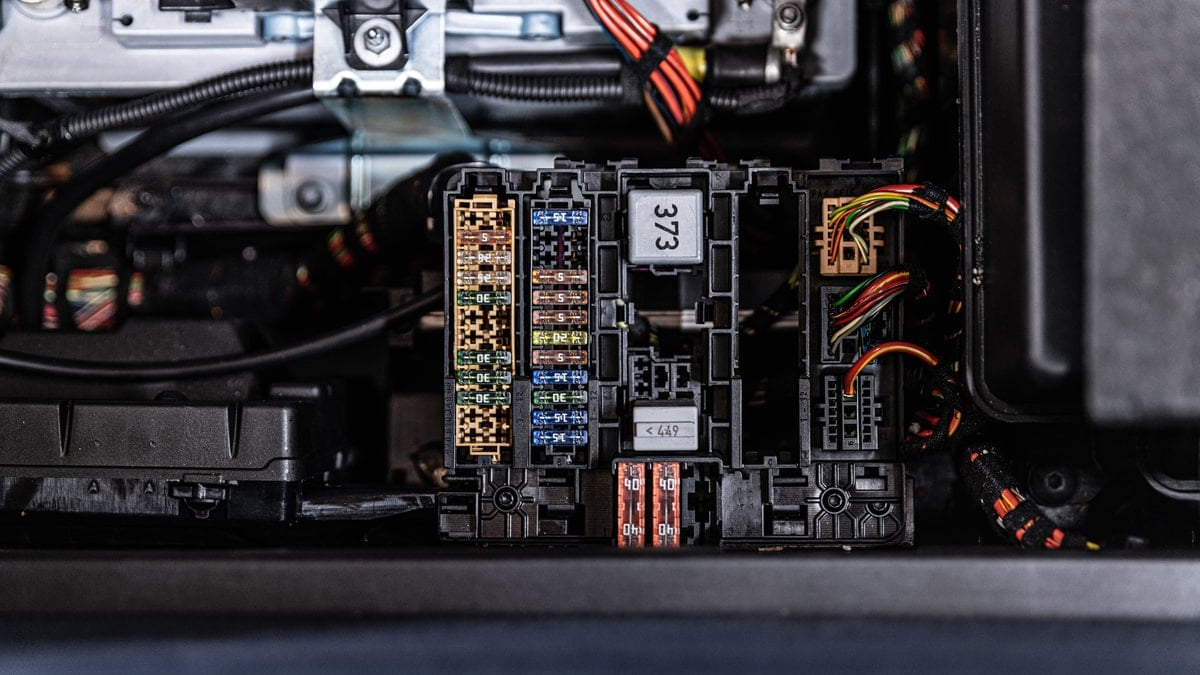
Credit: mechanicbase.com
Symptoms of a Bad Starter Solenoid
If you’re having trouble starting your car, it could be a sign that your starter solenoid is going bad. Here are some symptoms to look out for:
– clicking sound when you turn the key in the ignition
– engine won’t crank
Bad Starter Solenoid Sound
If your starter solenoid is making a bad sound, it could be an indication that the solenoid is failing. The starter solenoid is a key component of the starting system in your car, and if it fails, the engine will not start. There are a few different sounds that a failing starter solenoid can make, so it is important to be able to identify them.
One common sound that a failing starter solenoid can make is a clicking noise. This can be caused by a buildup of corrosion on the contacts inside the solenoid. When the contacts are corroded, they may not make good contact with each other, causing the clicking noise.
Another common sound is a grinding noise. This can be caused by wear and tear on the parts of the solenoid.
Can a Bad Starter Cause Electrical Problems
If your car won’t start, the problem could be with the starter. But did you know that a bad starter can also cause electrical problems?
When the starter motor goes bad, it can cause a voltage drop in the electrical system.
This can lead to all sorts of problems, from dim lights to power windows that don’t work. In some cases, it can even cause the car to stall while driving.
If you’re having electrical problems and your starter is going bad, it’s best to get it replaced as soon as possible.
A new starter will cost you around $200, but it’s worth the money to avoid more serious problems down the road.
Starter Fuse Blown Symptoms
If your car has been having electrical problems, one possible culprit is a blown starter fuse. Here are some symptoms that may indicate that your starter fuse has blown:
1. The engine won’t crank when you turn the key.
This is the most common symptom of a blown starter fuse.
2. The headlights and other electrical accessories don’t work. If the fuse blows while the engine is running, these accessories will lose power and stop working.
3. The car dies unexpectedly. If the starter fuse blows while driving, it can cause the engine to shut off abruptly.
4. Smoke or burning smell coming from the fuse box area.
This usually indicates that there’s an electrical short somewhere in the system, which can blow the starter fuse if left unchecked.
If you suspect that your starter fuse has blown, it’s important to have it checked out by a qualified mechanic as soon as possible since it can lead to more serious problems down the road.
How to Test If Starter is Bad
If your car won’t start, it could be because the starter is bad. Here’s how you can test if that’s the problem:
1. Try starting your car with the engine off.
If the starter is bad, it may not turn over the engine at all.
2. Listen for a clicking noise when you turn the key. If you hear a click, but the engine doesn’t turn over, then the starter may be partially to blame.
3. Try starting your car with another vehicle’s battery. If the car starts with another battery, then it’s likely that your starter is bad and needs to be replaced.
Bad Starter Solenoid Symptoms Motorcycle
A starter solenoid is a key component in starting a motorcycle. If it fails, the engine will not start. Below are some common symptoms associated with a bad starter solenoid.
If you turn the key and nothing happens, then the starter solenoid may be faulty. Another symptom is if you hear a clicking noise when you turn the key, but the engine does not crank over. This could be an indication that the contacts inside the starter solenoid are worn and need to be replaced.
If your motorcycle has difficulty starting in cold weather, this could also be caused by a faulty starter solenoid. When temperature drops, battery power decreases and it takes more current to activate the solenoid. If your battery is weak or old, it may not have enough power to engage the starter solenoid consistently in colder weather.
If you’re experiencing any of these symptoms, then it’s time to replace your starter solenoid. Luckily, this is a relatively easy fix that can be done at home with just a few tools.
Will a Bad Starter Still Crank
A starter is what gets your engine going – it’s like the ignition key for your car. If your starter is bad, it may still crank, but it won’t be able to start your engine.
There are a few signs that you might have a bad starter:
-Your car makes a clicking noise when you turn the key in the ignition
-Your car struggles to start, or takes longer than usual to start up
-You can hear grinding or whining noises coming from under the hood when you try to start the car
If you think you might have a bad starter, the best thing to do is take your car to a mechanic and have them take a look. They’ll be able to diagnose the problem and let you know if it’s something that can be fixed or if you need to replace the starter altogether.
How to Start a Car With a Bad Starter Solenoid
If your car’s starter solenoid is damaged, you may not be able to start your car. The starter solenoid is a small cylindrical part that helps to start the engine by sending an electric current to the starter motor. If this part is damaged, it can prevent the engine from starting.
There are a few ways that you can try to start your car with a bad starter solenoid. One way is to jump start the car using another vehicle’s battery. Another way is to use a portable jump starter kit.
If neither of these methods work, you may need to replace the starter solenoid.
If you’re having trouble starting your car, it’s important to diagnose the problem so that you can fix it and get back on the road. A damaged starter solenoid is one potential cause of starting problems, so if you suspect this may be the issue, follow the steps below to test it and see if it needs to be replaced.
Conclusion
If your car won’t start, it may be because of a bad starter or starter solenoid. Here are some signs and symptoms to look for:
-Your car makes a clicking noise when you turn the key.
-The starter motor doesn’t spin.
-There’s no power to the starter solenoid.
-You see smoke or sparks coming from the starter solenoid.


